In 2002, as Beijing was opening the Chinese economy to the world, the US private equity firm Newbridge Capital received an offer it couldn’t refuse: a controlling stake in Shenzhen Development Bank, a troubled but promising Chinese financial institution. Weijian Shan, the Newbridge executive in Hong Kong who fielded the proposal, tells the twisting tale of negotiating with government officials who constantly changed goals, and of warding off rival factions that sought to sabotage the deal. Shan’s story is compelling and replete with lessons on how business really happens in China.
In the early 2000s, China’s banking sector faced high levels of bad loans.
In 2002, a friend working as an attorney in Hong Kong approached Weijian Shan – an executive at private equity firm Newbridge Capital – about buying Shenzhen Development Bank (SDB), a nationwide bank based in the boomtown of Shenzhen. China’s banking sector was deeply troubled at the time: Some 30% of the loans of the nation’s four biggest banks were nonperforming. Still, China’s economy was growing, and the government had embarked on a project of sweeping economic reforms. Newbridge Capital, for its part, had successfully turned Korea First Bank around a few years earlier.
As intriguing as the opportunity to purchase SDB was, the deal presented numerous red flags. SDB was trading at five times its net asset value (NAV), a rich multiple, given that most banks in developed nations were valued at two times NAV. Multiples were high in China because its stock market was in the middle of a speculative boom. There was no way to know if SDB’s stated asset value was correct, however, given the distinct possibility of hidden nonperforming loans. More dauntingly, no foreigner...
Weijian Shan is a co-founder and executive chairman of PAG, a leading private equity firm in Asia. He previously was a partner at private equity firm TPG, formerly known as Newbridge Capital. He also was a partner at JP Morgan and a professor at the Wharton School.









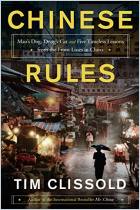
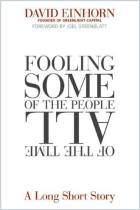
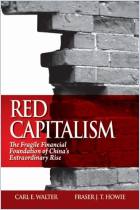
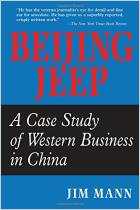
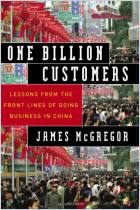













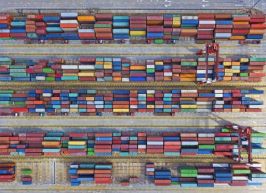

Comment on this summary